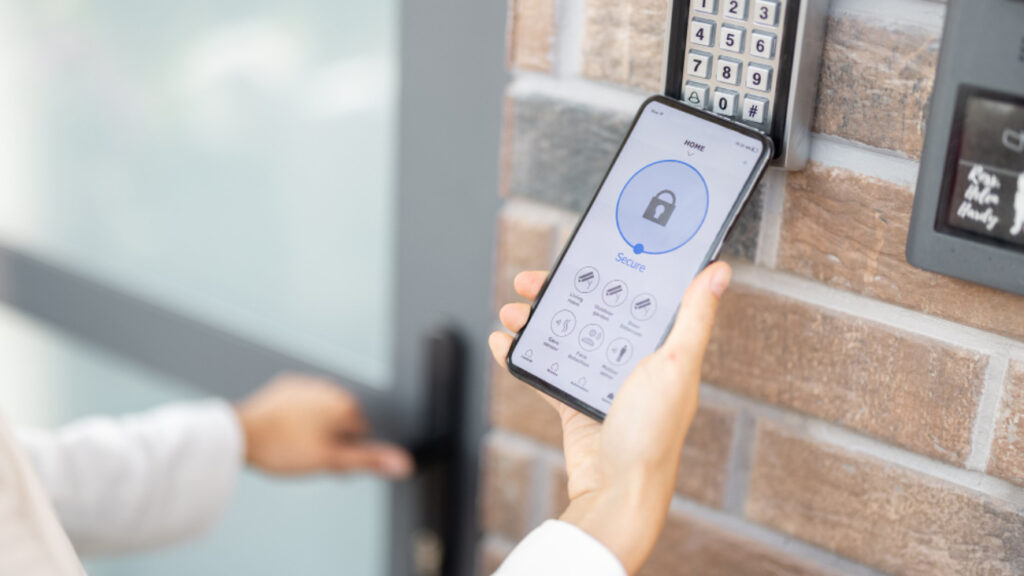Bahaa Abdul Hadi brings to the table the discussion on the advancements in the areas of Neuro Biometrics or Brainwave biometrics. Brainwave-centric biometric systems, authenticating individuals according to their individual brainwave patterns, offer prospects for effective security and user verification. However, they also introduce many security implications to consider. Grasping these may give people an idea of how they work.
Accuracy and Individuality
Brainwave patterns are immensely individualistic, offering a solid basis for identity authentication. However, factors like stress, or illness can affect the accuracy of the biometrics of brainwave-based validation.
The Speed of Authentication
Brainwave-focused authentication commonly involves certain mental tasks, which may be time-consuming relative to other biometric techniques like facial recognition.
Data Protection and Privacy
Brainwave-centric biometric systems gather sensitive neurological information, addressing significant privacy issues. Unauthorized access could result in identity theft or some other privacy issues. Solid data protection systems, encryption, and strict access controls are significant to protect user information.
Lack of Immunity to Attacks
While brainwave patterns are entirely unique, they are not immune to potential attacks. Sophisticated fraudsters may try to record brainwave patterns in a covert way and use them for spurious access. Developers must execute anti-spoofing operations and continuous authentication in detecting and thwarting attacks effectively.
Acceptance by Users
Brainwave-based biometrics in authentication requires effective user participation, like focusing on stimuli. The effectiveness of such systems relies on cooperation by users, which may not always be assured.
Legal and Ethical Issues
Brainwave-based biometrics process sensitive data, raising legal and moral standard issues. Adherence to stringent ethical regulations and compliance with privacy rules, like GDPR or HIPAA, is vital to avoid legal implications.
Replay Attacks and Mitigation of Spoofing
Brainwave systems are susceptible to replay attacks and to spoofing, where attackers could attempt to trick systems by entering recorded brainwave activity.
Continuous Tracking
Continuous tracking or monitoring of brainwave patterns in authenticated sessions is imperative to detect any inconsistencies, indicating a dubious user.
Retention and Data Storage
Safe and protected retention and storage policies must be in place to safeguard stored brainwave information from misuse. Compliance checks and frequent audits must be the rule to maintain data security.
Final Lines
In the digital age in which we live, biometrics can prove to be an efficient way to secure data. However, as technology gets more advanced with each passing day, so do attackers who want to create breaches in systems and cash in on a user’s data. It is imperative to have security measures in place to protect brainwave data just as it is essential to safeguard any other type of user information.
Thank you for your interest in Bahaa Abdul Hadi blogs. For more information, please visit www.bahaaabdulhadi.com







